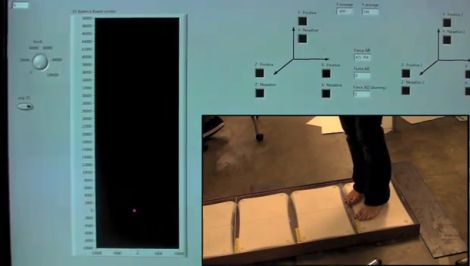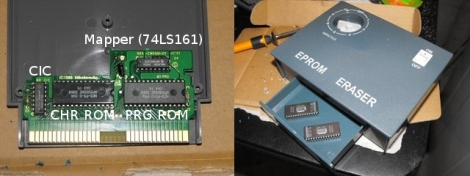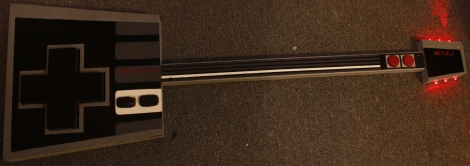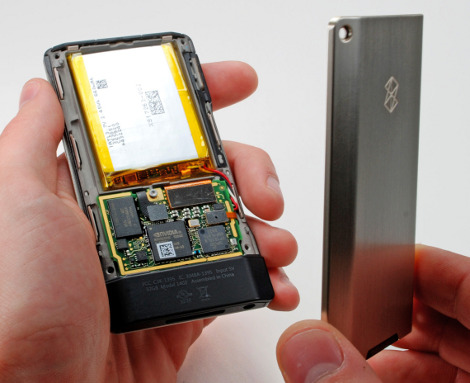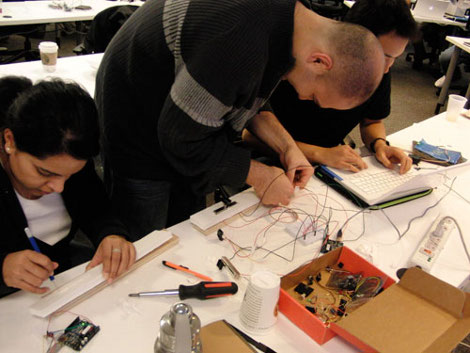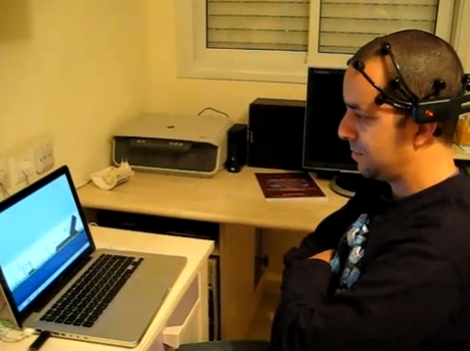
[Rafael Mizrahi and Anat Sambol] decided that Angry Birds was missing one crucial element – mind control. They grabbed a copy of the game for their netbook and [Rafael] strapped on an Emotiv EPOC headset to see if he could play it without using a mouse or keyboard. While he was able to move the cursor around with his thoughts, he found that Emotiv’s EmoKey software lacked any sort of mouse button support. Undaunted, they turned to the Internet for help and found that he could map the Emotiv’s output to his mouse via another application, GlovePie.
As you can see in the video below their efforts were successful, though we doubt [Rafael] will be completely giving up his mouse just yet. With some more refinement, we imagine [Rafael] will be blasting pigs to kingdom come in no time.
If you are interested in trying this yourself, be aware that only the SDK version of the EPOC headset can be paired with 3rd party applications, the standard consumer version is locked into using solely authorized software.
Continue reading if you would like to see a video of their Angry Birds neural interface in action.
Continue reading “Flinging Birds And Slaying Pigs With Your Thoughts”

